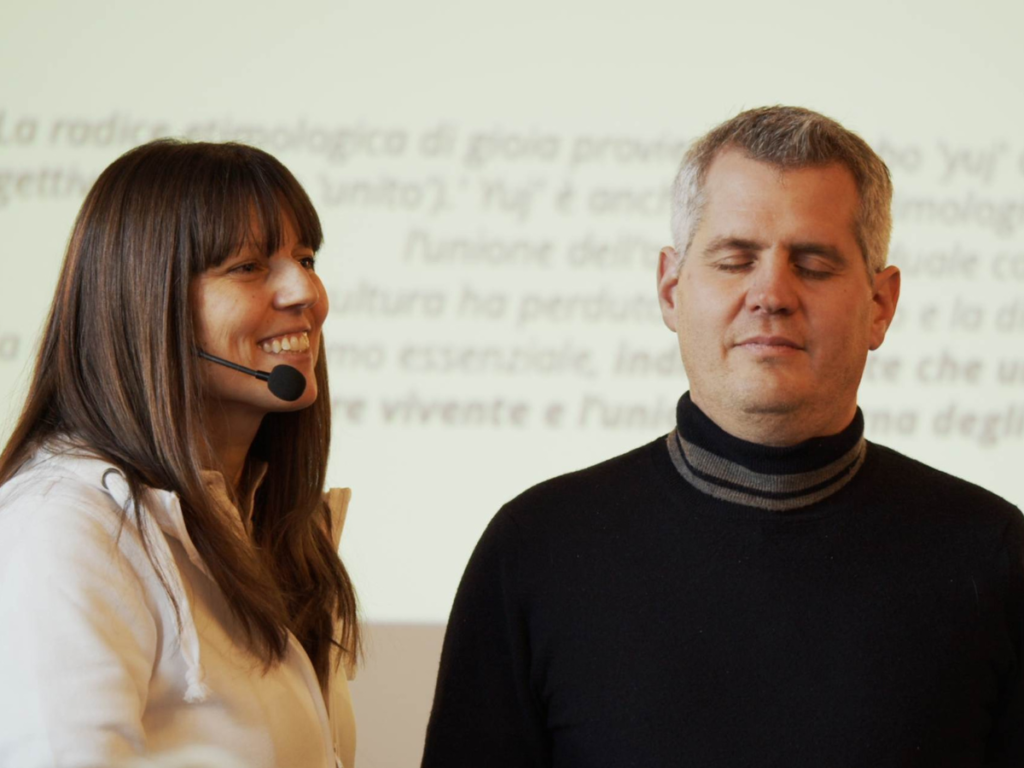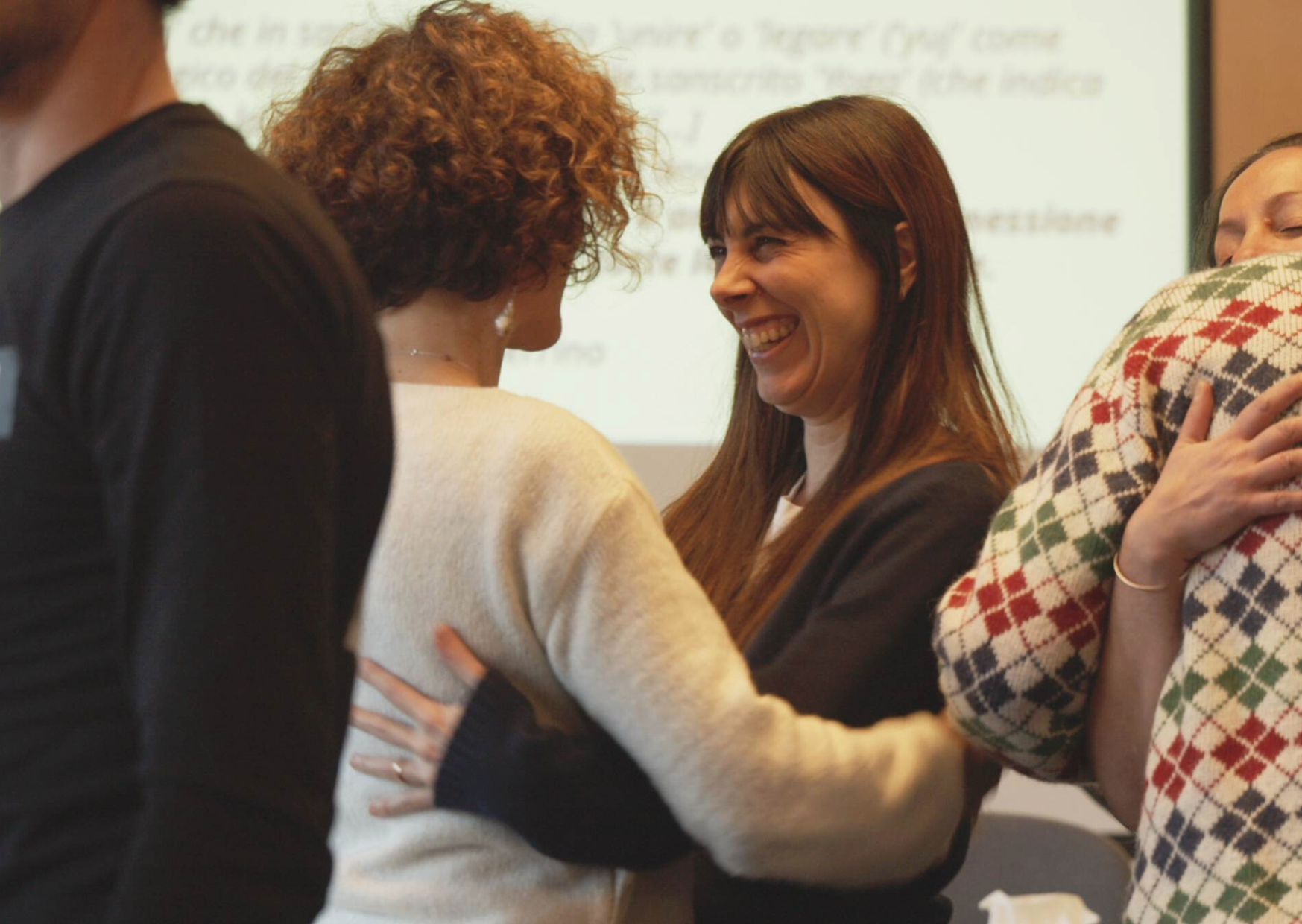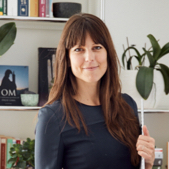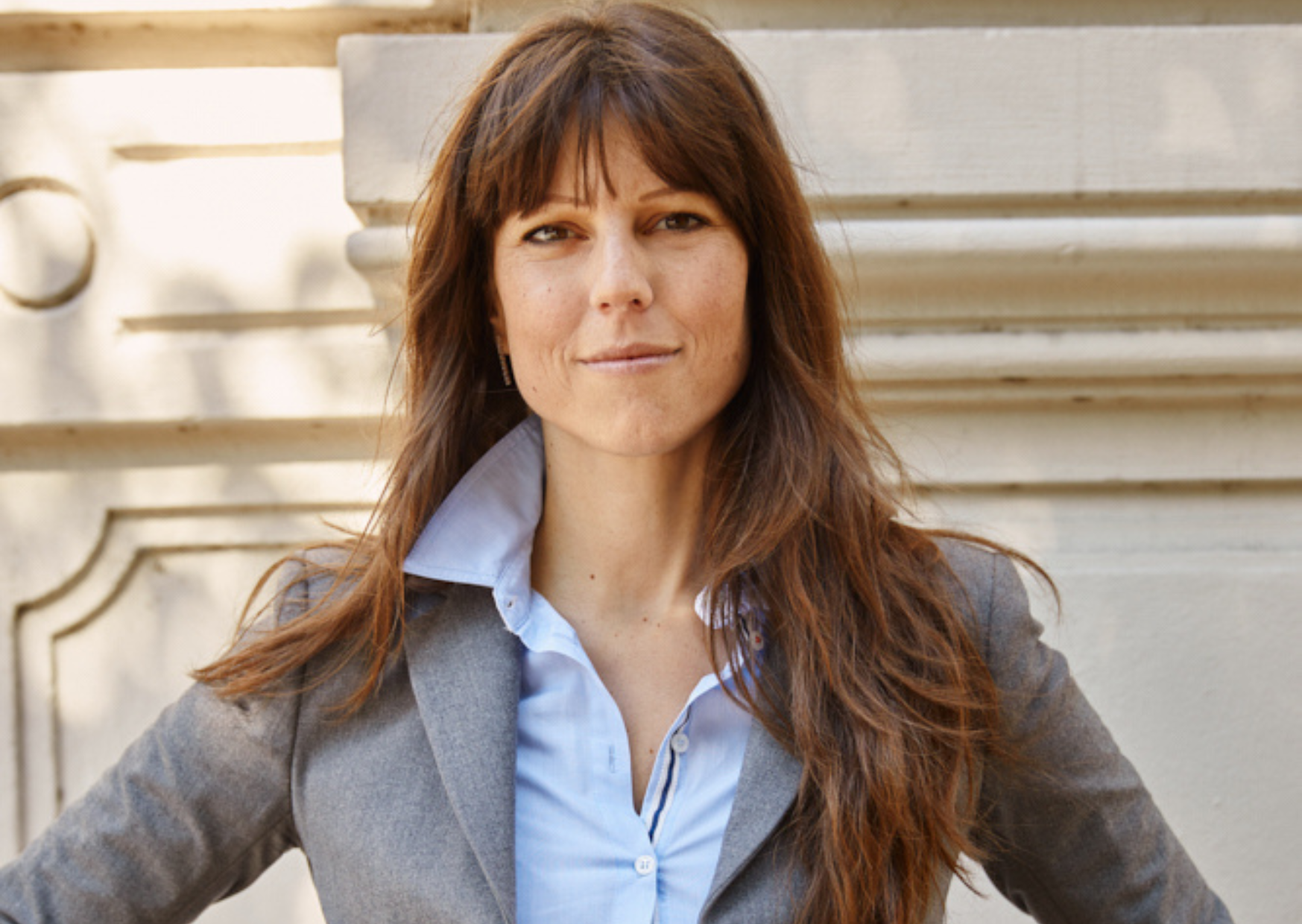Find out how unresolved emotions can affect your life!
If you want to be emotionally well, it is necessary to understand how to get out of a negative emotional state and create a state of emotional well-being!
Although emotions are an essential part of the human experience and have a purpose, when experiencing negative emotions, it is easy to feel overwhelmed and vulnerable.
When we experience negative feelings, we often want to escape from them, but where can we hide? There is no safe place when we feel overwhelmed or lost, as emotions invade every part of us, the only thing we can build is our ability to control and transform emotions.
Our task is to acquire techniques and strategies that allow us to bring our internal emotional state back into balance. Bringing one’s system back into balance means activating a process of transforming emotions to move from a negative to a positive state of mind.
It is essential to learn to recognise, accept and acquire techniques to transform negative feelings when they arise, rather than trying to suppress, deny or ignore them.
When we can position ourselves as an observer of our emotional experience, we can recognise negative emotions and we can understand the underlying causes that are creating them. But this approach is not enough, because if we want to be emotionally well, it is essential to understand “how” to get out of a negative emotional state and create a state of emotional well-being.
With Neuro Emotional Education you can acquire this new awareness and self-mastery through the practical application of specific exercises, which will enable you to move towards a place of healing, awareness, and personal and emotional growth.
Atelier Quantasia - gennaio 2023

Why is it important to learn to transform one’s emotions?
Many people suffer emotionally but they are not aware of it. Nowadays it seems to have become normal to ‘feel anxious’, to ‘be stressed’, to ‘feel frustrated’, to ‘feel breathless’ or to ‘feel disoriented’, but this is a new normality caused by modern society, in association with still little concrete practice of personal development.
Personal development means integrating routines, practices, and rituals into one’s daily life. This, over time, will allow you to create awareness and move towards a place of healing and growth.
With Neuro Emotional Coaching, we can learn to train our nervous system to create a new normality that is based on ‘serenity of mind’, ‘inner harmony’, ‘the balance of our personalities’, ‘joie de vivre’, ‘enthusiasm’ that is animated by passions, and so on.
Neuro-Emotional Education, as per its name, means educating one’s nervous system to transform negative emotions into more favourable ones, thus moving from limiting moods to empowering ones, to give a few examples: from sadness to joy, from insecurity to confidence, from fear to certainty, from helplessness to determination, and so on.
With a Neuro-Emotional Caoching course we can learn to activate all those emotional colours that shape existence.
What are trapped emotions and how to recognise them?
If you find that your negative feelings persist and have a negative impact on your daily life, it could be that you have trapped emotions. Negative impact refers to all those self-sabotaging mechanisms that generate negative emotions such as limiting beliefs that make you suffer, behaviours that are misaligned with your intentions, disproportionate emotional reactions, symptoms such as insomnia, agitation, chronic dissatisfaction, and so on.
Trapped emotions are triggered by past experiences that are still unresolved within us and therefore remain active, creating perceptions, feelings and symptoms as listed above. The nervous system has not been able to digest these past experiences, has not been able to transform them, so the wounds remain and have been recorded in the body’s memory. This energy, if not discharged, remains active, and can over time also cause physical problems (such as chronic back pain, headaches, …), mental problems and emotional problems (anxiety, depression, mood swings, repetitive negative thoughts, …). According to proponents of this concept, emotions are trapped due to trauma, stress, negative inner dialogue, feelings of fear, loss and unhealthy relationships.
The concept of trapped emotions is based on the idea that emotions are energy and, when they are not transformed, expressed, or released, they can get stuck in the body creating various problems (as Dr Bradley Nelson explains).
Atelier Quantasia - gennaio 2023

Why choose Neuro Emotional Education to train the wellbeing muscle?
Neuro Emotional Education is a self-coaching practice that you can learn to practise through Neuro Emotional Coaching and that helps you recreate balance in your life, wellbeing on an energetic, mental, and emotional level and empowerment towards your goals.
Through neuro-emotional exercises of 5-10 minutes a day, if repeated over time as a practice for your own well-being, you can help your nervous system release trapped emotions and thus improve your emotional well-being and quality of life.
However, it is important to note that the concept of trapped emotions is not widely recognised within the scientific communities as it originates from independent researchers, scientists and physicians who promote the approach of self-regulation, self-training, self-awareness, and self-healing, among them neuroscientist Dr. Joe Dispenza, chiropractor Dr. Mani Hesam, psychiatrist, and homeopath Dr. Ermanno Paolelli, Dr. Bradley Nelson, and many others.
If you struggle to free yourself from dominant emotions, or if you recognise yourself with what is written here, it may be helpful to seek the support of a professional who can provide guidance and tools to transform and empower your inner state. With the Neuro Emotional Coaching programme, you can learn both online and in-person and reap benefits in just 20 weeks.
Contact the Neuro Emotional Life & Business Coaching centre in Lugano, Ticino, for a free, no-obligation meeting to assess whether the programme is right for you! I am waiting for you!
Categories
Last Articles
Featured articles
Subscribe to the newsletter
Share
Did you like the article?
Contact us for more information!





